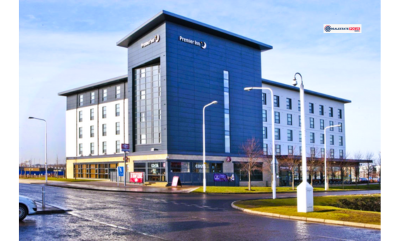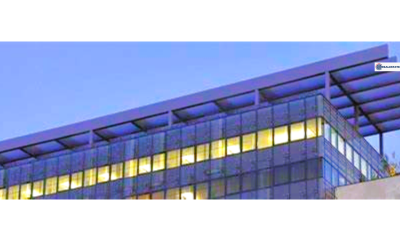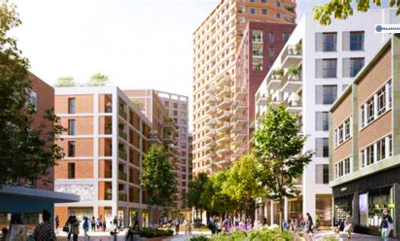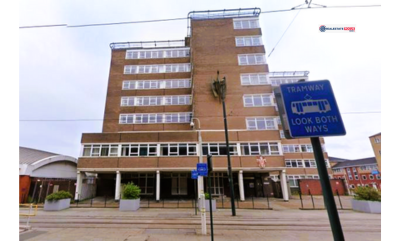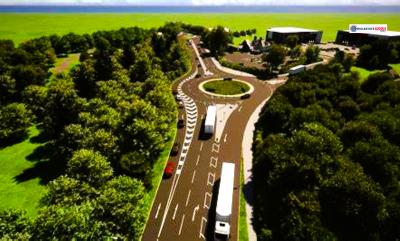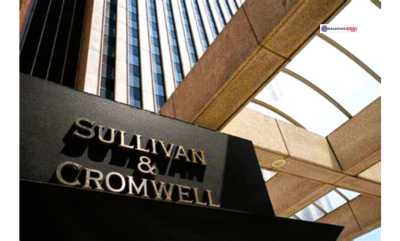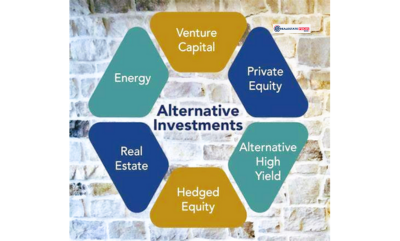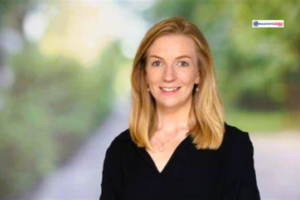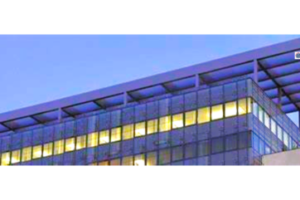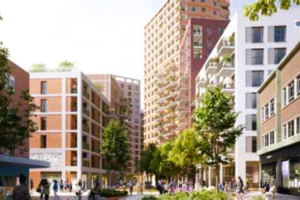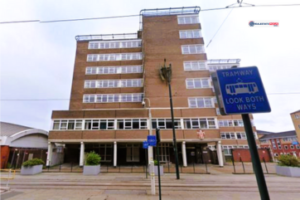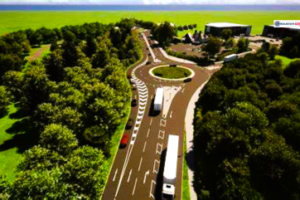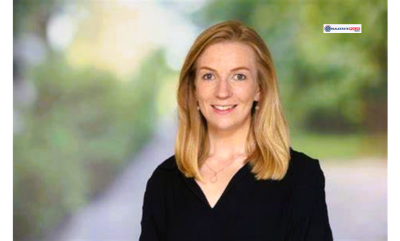
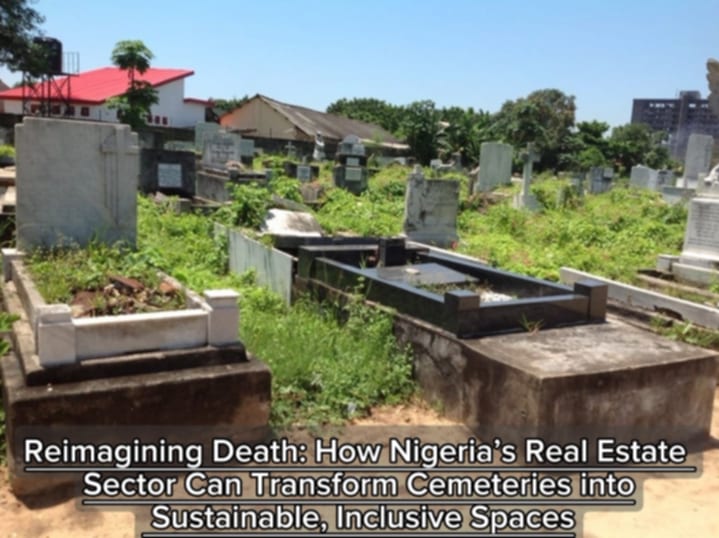
Reimagining Death: How Nigeria’s Real Estate Sector Can Transform Cemeteries into Sustainable, Inclusive Spaces
As Nigeria’s real estate market flourishes, industry stakeholders are calling for a radical shift in the way cemeteries are viewed and integrated into urban planning. With a rapidly growing population and the increasing challenges of urbanization, experts are urging developers and policymakers to prioritize the creation of modern, sustainable cemeteries that serve both the dead and the living.
Oke Onyehara, CEO of Bloc Haus Group, argues that cemeteries should no longer be treated as neglected, overcrowded spaces, but as essential components of urban infrastructure. “This is more than a social issue. It’s an untapped market with immense potential,” he explained. With Nigeria’s population projected to exceed 220 million by 2050, the demand for burial spaces is outpacing supply. Public cemeteries, often poorly maintained and inaccessible, are under significant pressure. Meanwhile, private plots sometimes priced as high as ₦1 million remain unaffordable for many families.
As a solution, Bloc Haus Group is advocating for the development of what they call “Resting Parks.” These cemeteries would combine professional design with environmental safety, offering landscaped areas, proper drainage, and even digital memorial services. According to Onyehara, these Resting Parks could offer grieving families peaceful spaces to remember their loved ones, while contributing positively to the environment.
“The design of these cemeteries should reflect dignity in death,” Onyehara said. “We should build places that foster peace and remembrance, not only for the departed but also for those who come to honor them.” The group’s vision goes beyond simple burial grounds; it’s about creating well-designed spaces that can serve as tranquil sanctuaries for both families and the community at large.
In addition to the emotional and social benefits, this new approach to cemetery design addresses important public health concerns. In flood-prone areas, poorly managed cemeteries can lead to groundwater contamination from decomposing bodies, posing long-term risks to the environment and local populations. Eco-friendly burial methods and sustainable site planning could mitigate these hazards, ensuring cemeteries are safe, hygienic, and environmentally responsible.
Bloc Haus Group believes that the real estate sector is well-positioned to lead this transformation. By treating cemeteries like any other property development complete with designs catering to diverse income groups developers can create spaces that are both inclusive and sustainable. Just as housing estates feature a range of affordable and premium options, so too can cemeteries offer varied burial plots that respect the economic realities of all families.
“Death should not be a luxury,” Onyehara emphasized. “Just as we build homes, malls, and offices, we can also build dignified, sustainable burial spaces that meet public health standards and serve the entire community.”
The company plans to integrate cemetery development into its larger urban projects, viewing them as vital to the overall planning of cities. They are also calling on government agencies to lend support by creating regulations, allocating land, and fostering public-private partnerships to drive this much-needed change.
As Nigeria continues to expand and urbanize, rethinking the role of cemeteries could not only provide families with dignified places to mourn, but also create sustainable urban spaces that benefit both the living and the deceased. By embracing this innovative model, Nigeria’s real estate sector could take a bold step toward reshaping urban life and death in ways that reflect both respect for the past and responsibility for the future.


